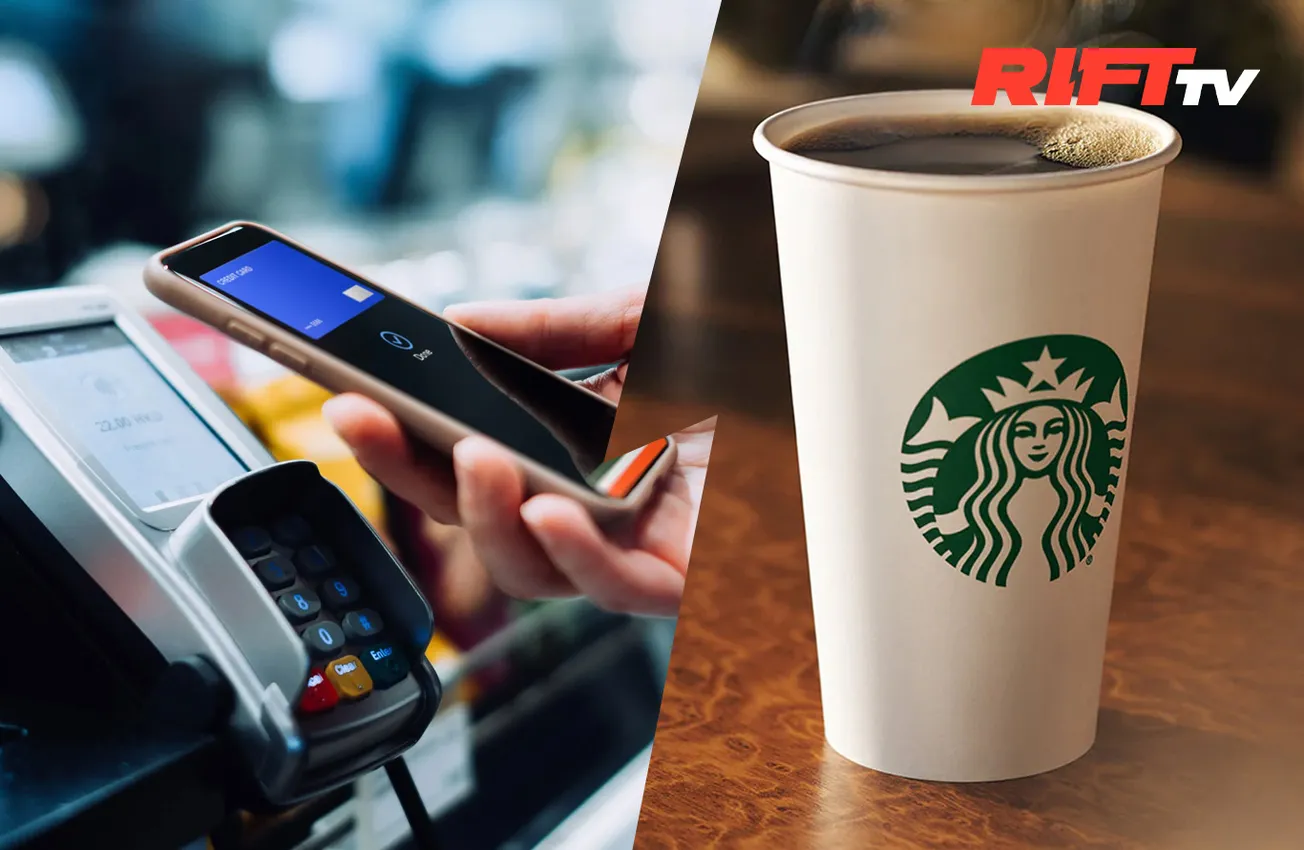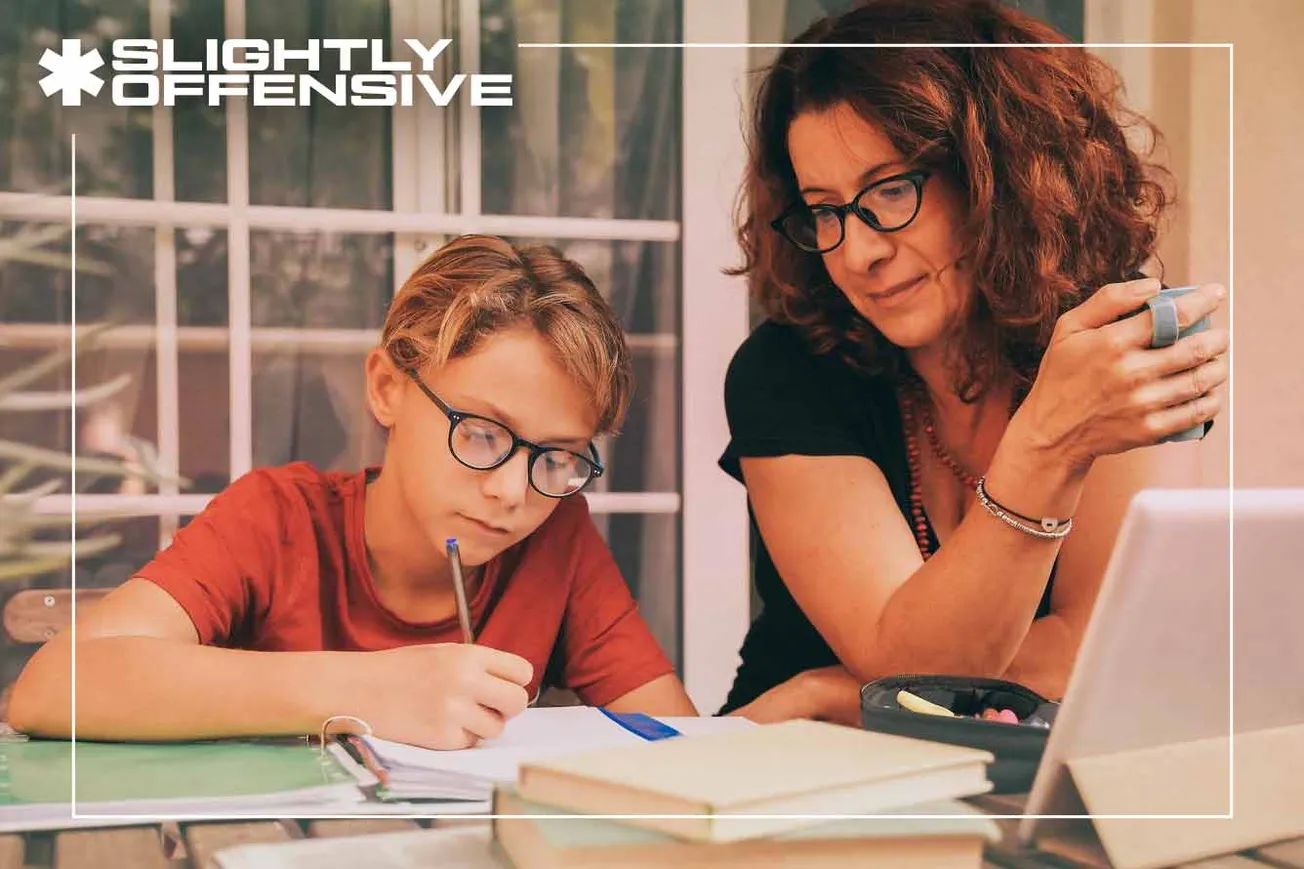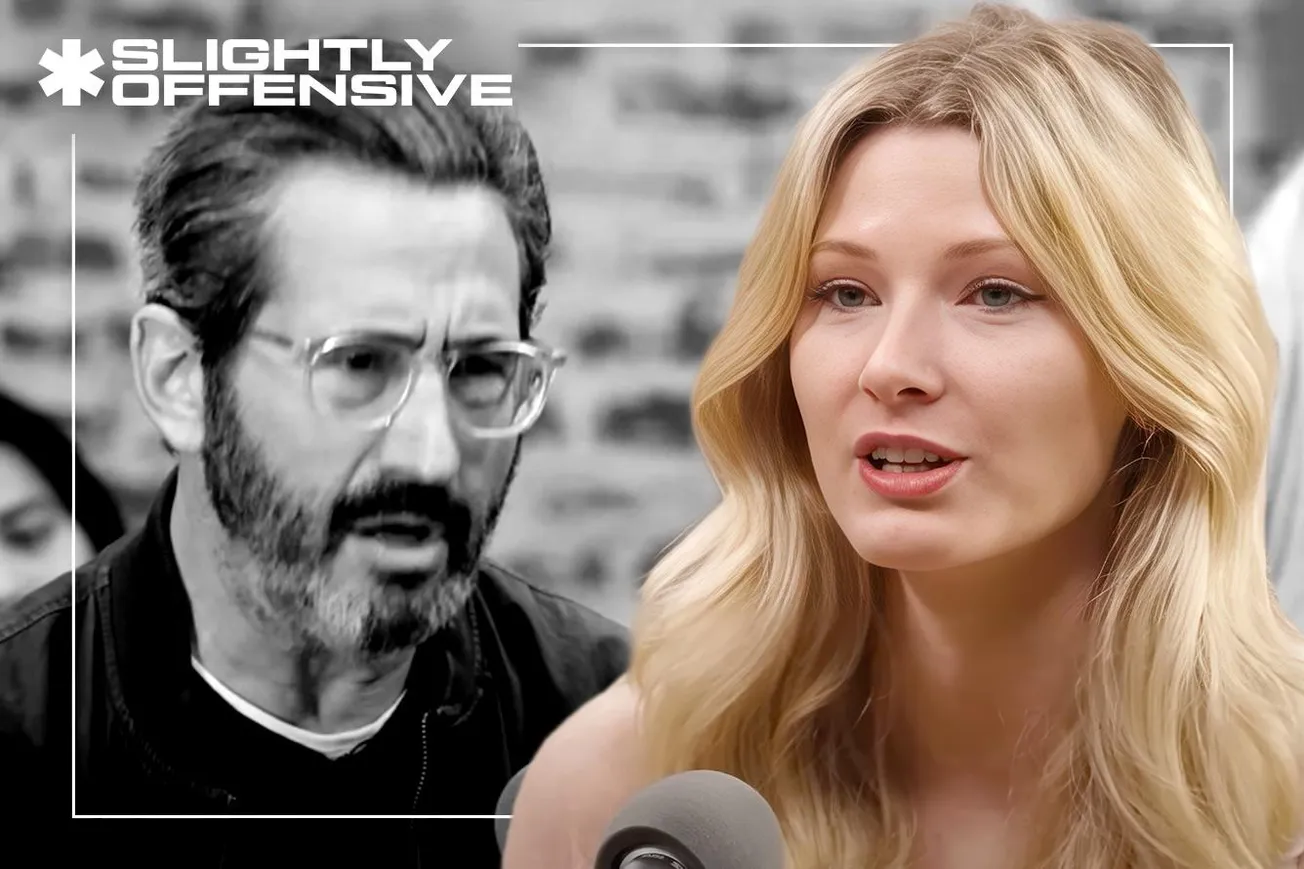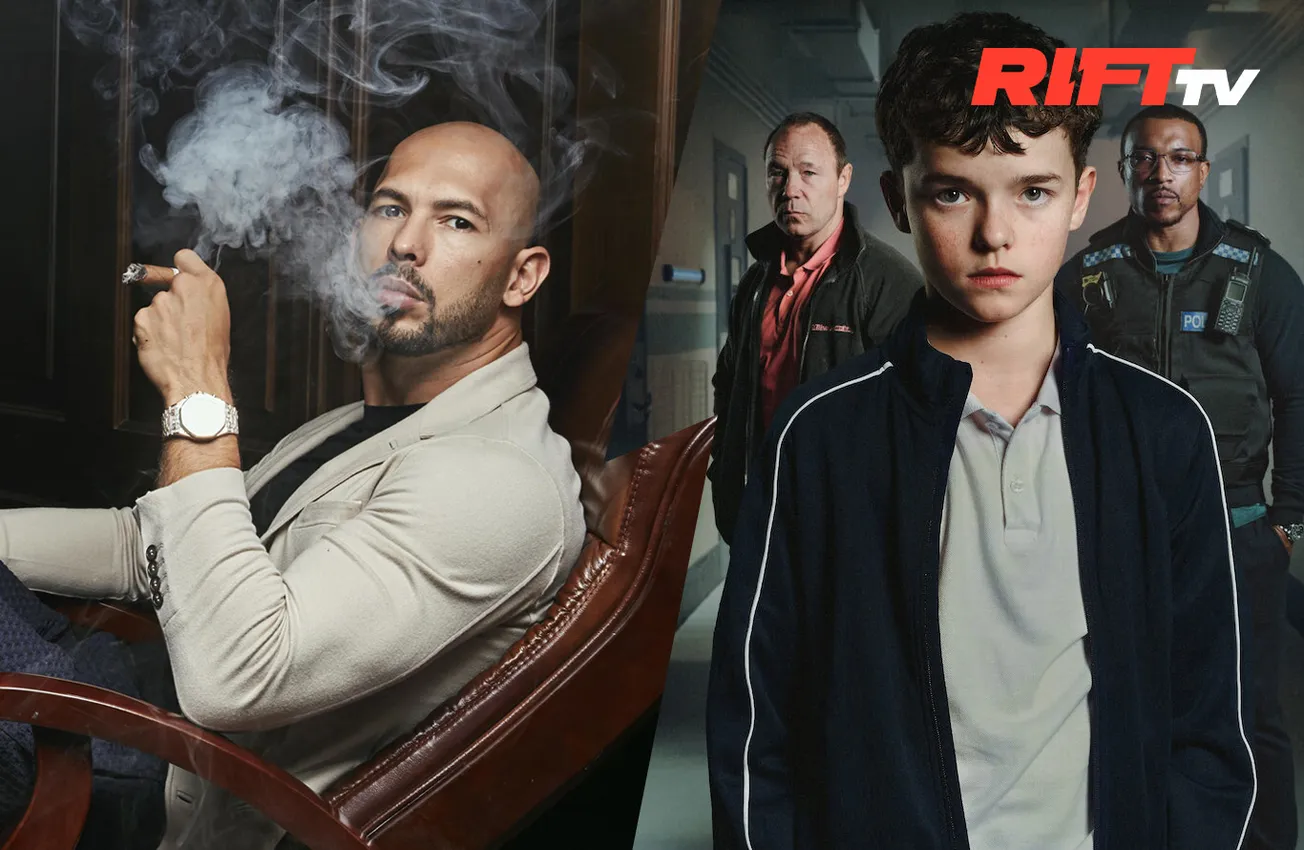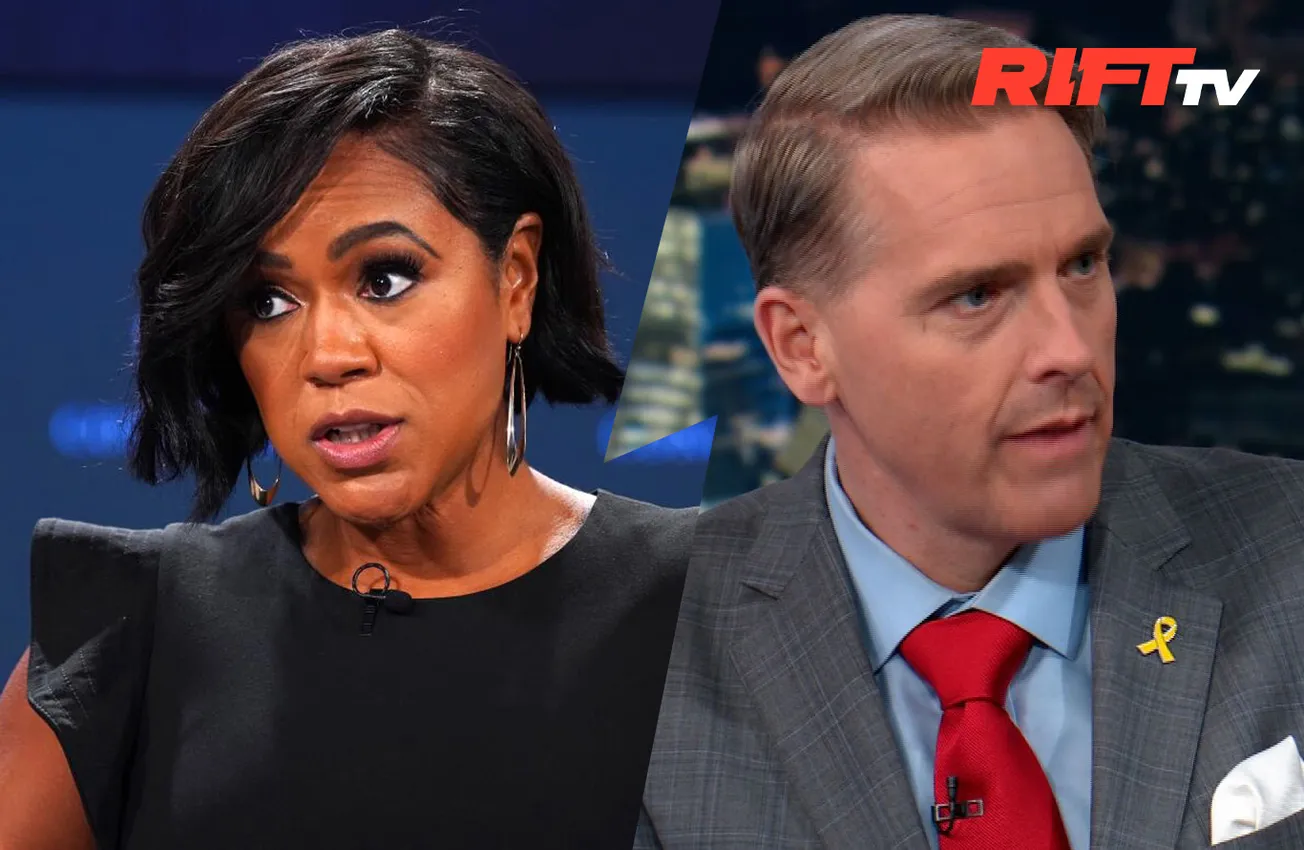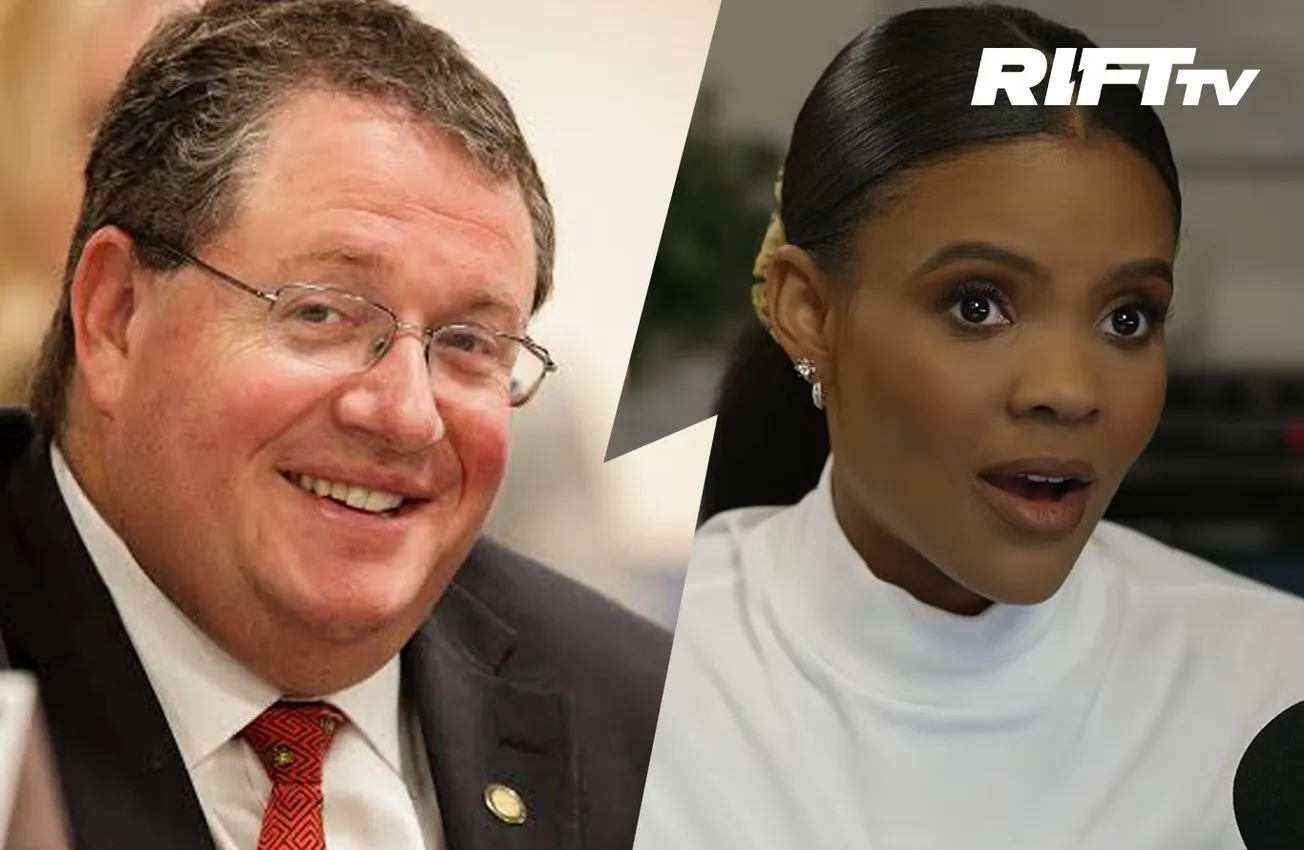Everyone knows by now that tipping culture has gone off the rails. Businesses had a taste of the good life during the pandemic (where tipping soared to new heights) but they got a little too greedy.
A new study suggests that nearly nine in 10 Americans think tipping culture has gone too far. Businesses overplayed their hand, and now everyone's fed up with it, including Matt Walsh.
Two things you would have noticed: 1) Average tip rates have increased & 2) more businesses are asking you for a tip.
Both are true. Pew Research surveyed 12,000 adults in the U.S. and found that 72% believed that tipping had spread to more places.
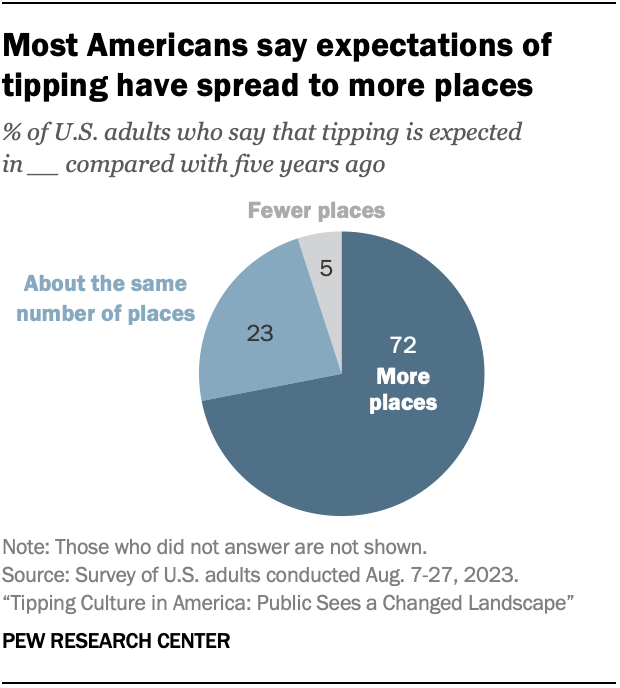
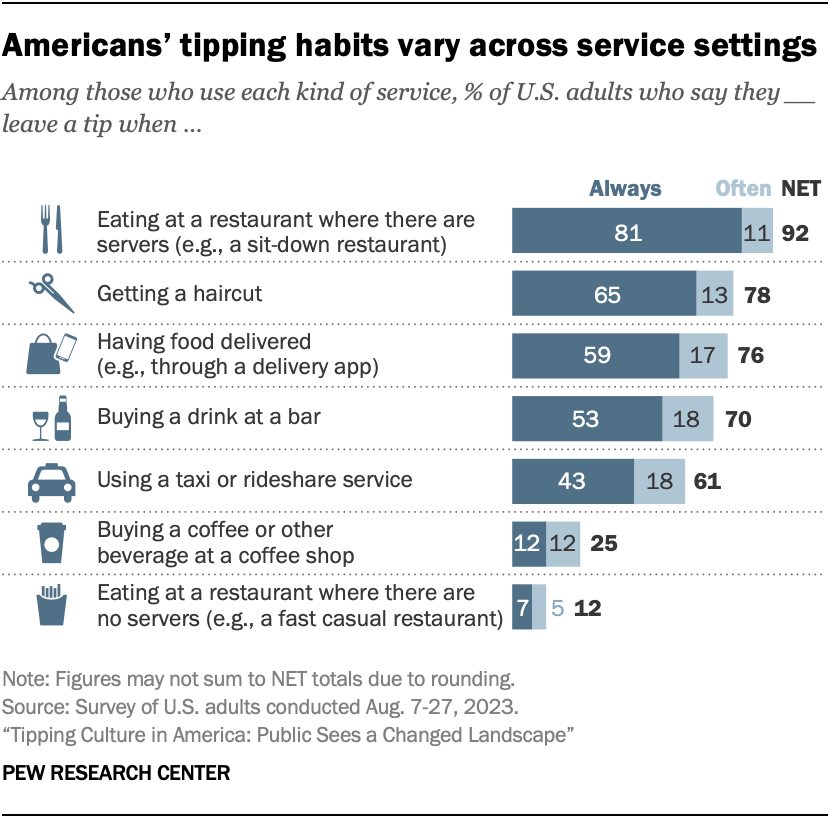
The standard tip used to be 15% — OR 20%+ for exceptional service. Now in 2025, the tipping prompt starts at 18% — and it has nothing to do with service.
If you're White and polite, this means that more money is being extracted from you. And if you're black, nothing has changed, just keep pressing 'NO TIP.'
The most important takeaway is that people at services and business that never used to ask for a tip are now awkwardly asking you to select a tip amount from the iPad.
There is a fine line between being a generous person and a person who is getting taken advantage of.
People don't even know what they are tipping for. That's a problem. You buy a bottle of water and now the screen's asking you for 18%? Or a barista pours you a coffee and from a pot and that's worthy of a tip?
38% of young adults (under 30) see tipping as an obligation. This means people don't feel good about tipping. They feel as though they have to tip because that's just the way things are, and if they don't tip, they might have some weird interaction with some loud service worker.
There is a gun to your head every time you're asked to tip.
This is why people who were once totally on board with tipping (like Matt), are now pulling back, either not not tipping at all or tipping less.
Here's what the Pew Research study says: "More Americans oppose than favor businesses suggesting tip amounts to their customers – for example, on the bill or on a checkout screen."
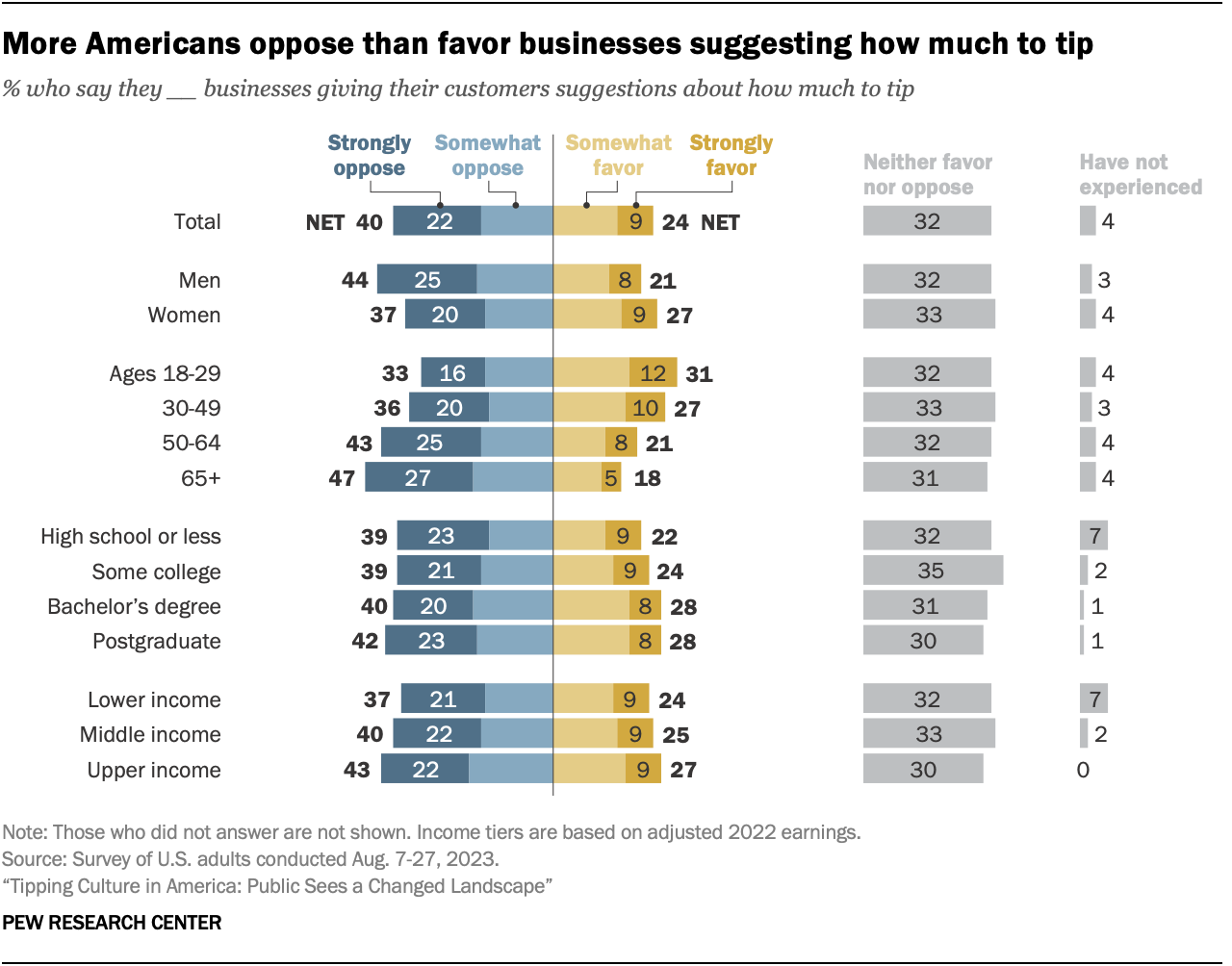
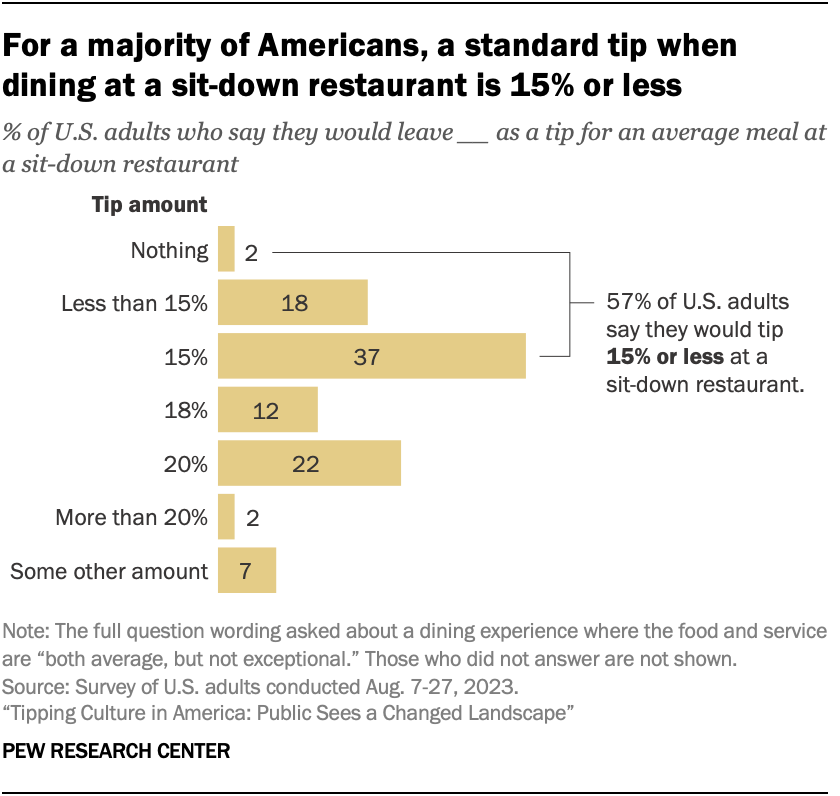
Despite being asked to tip from the minute you get out of bed to the minute you go to sleep, Americans don't have a great deal of confidence knowing when and how to tip.
Okay, so it's 20% at a restaurant, everyone knows that. But what about the nurse that injecting me with peptides? Or the car salesman? Or the self-checkout machine? What percentage are they entitled to?
Anyway, we could go on and on about all the absurd ways businesses trick customers into paying more for less but we'd be here all day.
Let's talk about solutions.
The only way customers can fight against 'tipflation' is by adopting some of the practices of our Black brothers and sisters.
Blacks are notorious for not tipping in restaurants. To a point where service workers avoid Black customers because they know there will be no tip.
We're not just making this up. Cornell University published a paper in which they begrudgingly agreed: "The bad news is that Blacks do appear to tip less on average than Whites. Moreover, this difference is not entirely due to discrimination against Blacks in service delivery."
The paper basically goes on to talk about the ways in which society could encourage Blacks to tip more—it's never going to happen, but we wish Cornell luck.
Anyway the point is, Whites need to be more like blacks when it comes to tipping. That's sounds crazy but here us out. How are we going to beat tipping culture back to a reasonable place without punishing the behaviour?
Whites need to overcome the awkwardness the obligatory tip and boldly—just like Blacks—press the 'no tip' button whenever that iPad is thrust in front of you.
It's already awkward. You wanna know why? Because a scam is taking place. And everyone (including the cashier) knows it.
You must overcome the awkwardness.
Merchants need to feel shame for their greedy practices, and they need to be taught a lesson. They have been taking advantage of polite socially conscious people for far too long.
And do you know who benefits the most from tipping? It's not the staff. It's the payment processing companies.
Every time you tap your card a payment processing company takes a commission.
This is from Square's website:

Let's use Square, the payment processing company, as an example:
Every time you swipe your card, Square is taking 2.6% + 15¢. Let's say you buy a coffee for $4, Square will take 25¢ commission. Now, let's say you're at Starbucks and the screen prompts you to add a $2 tip, bringing your total to $6. Square just made an extra 5¢ (30¢ total). Their take just increased by 16%. Multiply that across the millions of transactions that happen daily, and you start to see how big of a revenue bump it is.
But that's not all. How does the business pay those tips to the staff? It's probably divided between several staff members. So more transactions and more processing fees.
Now, you get an idea of why this is being pushed into every business. One transaction has been turned into dozens of transactions. The more transactions the more money is being made by commission takers.
So if you feel yourself feeling bad for service works, don't. They are just the face of this huge racket twisted into extracting more money from you.
If you want to tip, tip in cash.
The only way to 'fix' tipping culture is to start tipping like Black people.

